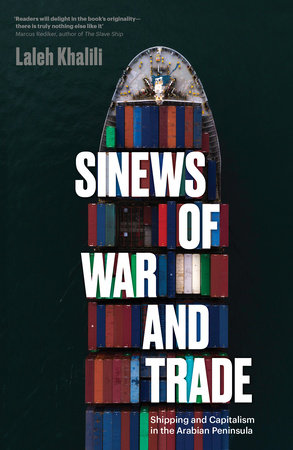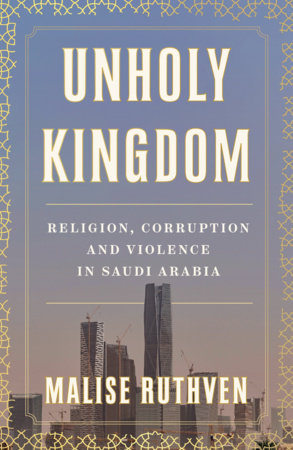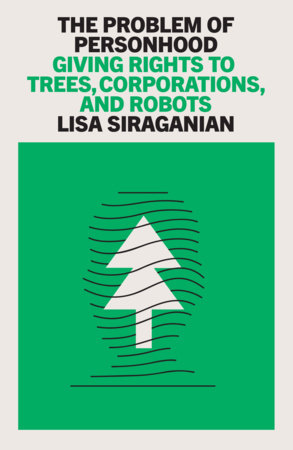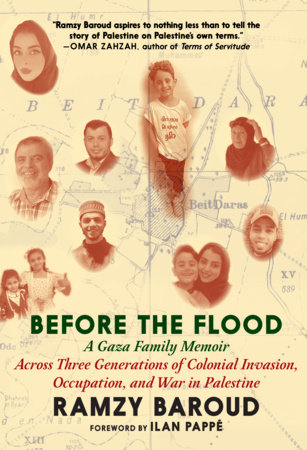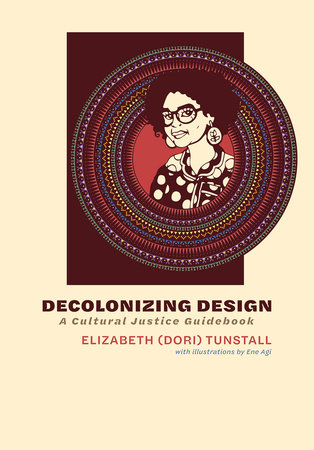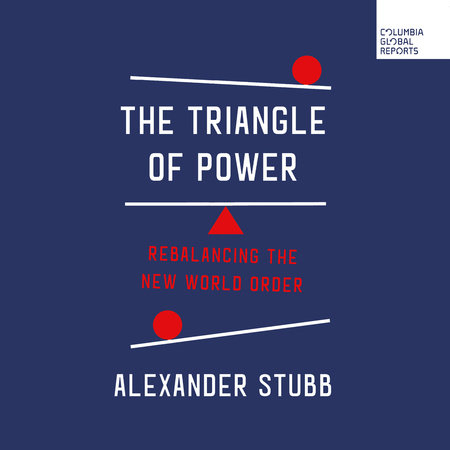“If the maritime industry represents the circulatory system of the modern global economy, then Laleh Khalili has offered us a uniquely insightful forensic assessment of how this capillary system took shape through history and the central role played by ports on the Arabian Peninsula. Her book, Sinews of War and Trade, makes clear that these ports have been far more than just tacit intersections of international trade. They have played and continue to play a vital role in framing racial labour hierarchies, accumulating capital in specific hands, and reinforcing colonial regimes of profit, law and administration. Both lucid and nuanced, the book offers a masterful study in the ways that violence and security as well as licit and illicit trade, get negotiated in and by these ports. This is one of those rare pieces of academic research that is at once readable and accessible for the lay public while also making a genuine contribution to the relevant historical scholarship.”
—Ian Urbina, Pulitzer Prize winning journalist and the author of Outlaw Ocean
“Laleh Khalili’s fascinating new book opens the window on another world, hidden in plain sight, a shadow world of ports and container ships that holds a key to the often violent workings of contemporary capitalism. To read Sinews of War and Trade is to understand the truth of Derek Walcott’s observation that “the sea is history.””
—Adam Shatz
“In this long awaited book Laleh Khalili makes brilliant contributions to every subject she touches: maritime history, labor history, military history, and the history of global capitalism. Readers will delight in the book’s originality — there is truly nothing else like it.”
—Marcus Rediker, author of The Slave Ship: A Human History
“Laleh Khalili is our Ismael, taking us on a fascinating journey under the surface of war and trade, into its world of infrastructure, the chains that bind humanity because of capitalism’s maddening search for the white whale of endless profit. Centred on the Arabian Peninsula, the story of big ships and bigger egos resonates across the oceans from port to port, an oily residue marking the ugliness of our times.”
—Vijay Prashad, Tricontinental: Institute for Social Research
“[Laleh Khalili] gives a nuanced account of many seas and lands. Written with meticulous attention to historical details, Khalili maps global capitalist trends that drew the shores of the Arabian Peninsula into global markets, bringing commodities, labour, pilgrims and adventurers to mark the history of a region that only began to attract attention with the discovery of oil. This book takes us back to old maritime trade, ports and people who shaped the history of the region. Much of this history is still very relevant to the present.”
—Professor Madawi Al-Rasheed
“In this extraordinary work, Laleh Khalili takes us on an epic journey that is at once painfully timely and powerfully timeless. Centering this story of imperial trade and war on the Arabian Peninsula, Khalili illuminates how the very making of land and legal categories, the transformation of borders, the political and economic rights of workers, and entire planetary ecologies are remade through the ruthless impetus to move cargo and commodities overseas. The scale of this book is breathtaking but the story is intimate and expertly crafted, moving from entire coast lines to city streets and singular bodily movements. This is a poetry of place that exposes the power and violence of circulatory infrastructures of war and trade, while always insisting that another maritime world is possible.”
—Deborah Cowen
“A refreshing and inspiring dive into the very connected history of the Arabian Peninsula”
—Philippe Pétriat, Arabian Humanities
